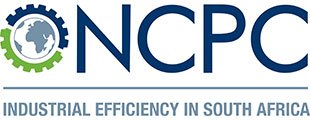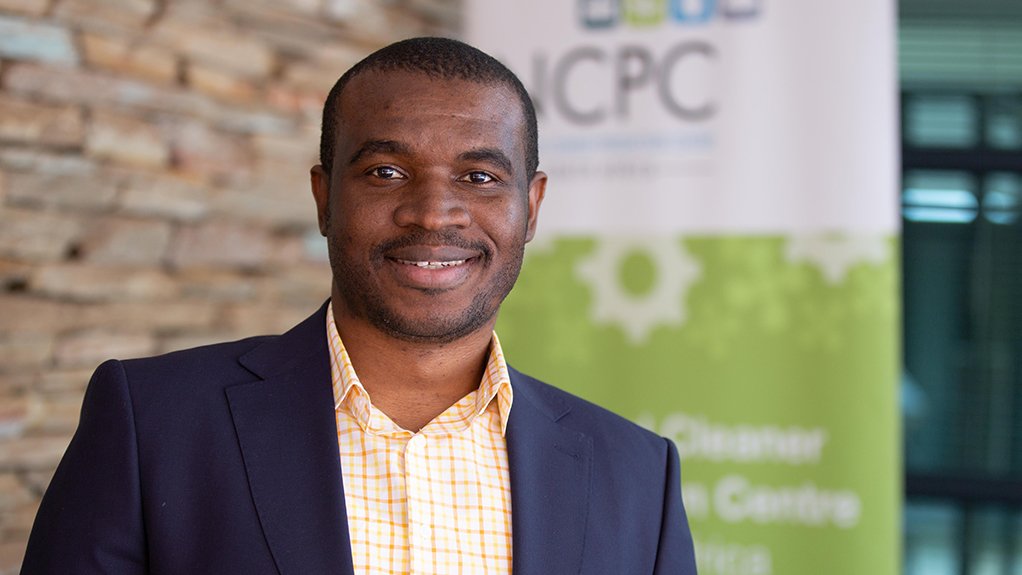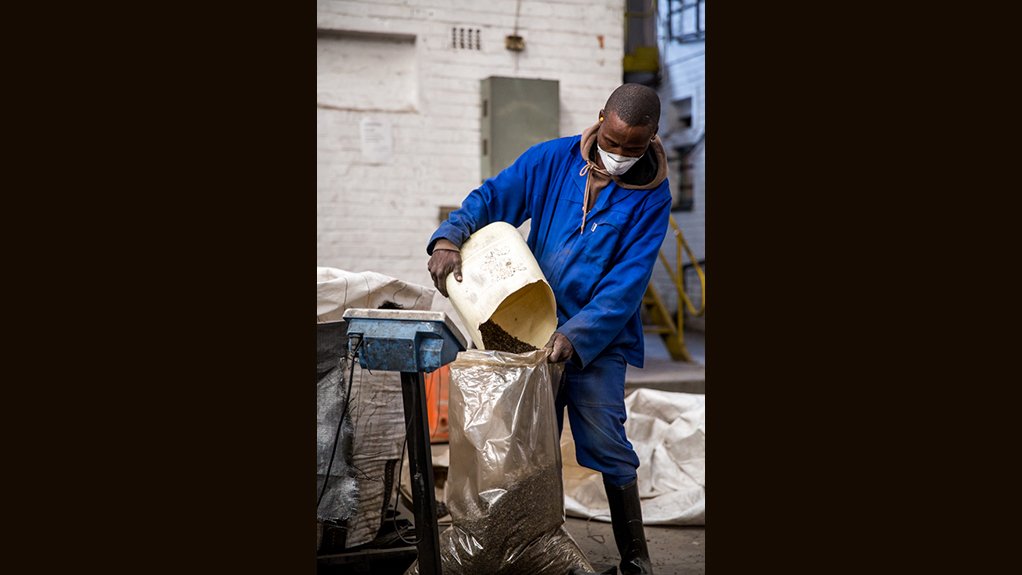The Industrial Symbiosis (IS) programme of the National Cleaner Production Centre South Africa (NCPC-SA), a division of the Council for Scientific and Industrial Research, will play a significant role in helping the Department of Environment, Forestry and Fisheries (DEFF) meet South Africa’s waste management objectives in the next few years.
Speaking to Engineering News, NCPC-SA Gauteng regional manager Victor Manavhela says the programme is gaining momentum and numerous milestones have been achieved, with the greatest being the inclusion of IS in the DEFF’s National Waste Management Strategy (NWMS).
The revised and updated strategy, published in December, aims to prevent waste and, where waste cannot be prevented, divert 50% of waste from landfill in five years, 65% in ten years and at least 80% of waste in 15 years through reuse, recycling and recovery, as well as alternative waste treatment.
Active since 2014, the IS programme is a resource efficient approach whereby the unused or residual resources (material, energy, water, waste, assets and logistics) of one company are used by another.
The programme supports the Good Green Deeds campaign, which was launched by President Cyril Ramaphosa last year and aims to favourably change people's attitudes and behaviours towards the responsible management of waste.
The IS programme aims to find business opportunities in the waste economy, offering a free facilitation service that uses an internationally proven IS approach to enhance business profitability and sustainability.
The programme matches companies with underused or used resources with member companies that can employ them to create new business opportunities.
“We can identify waste offtakes and divert this waste from landfill sites, which are not infinite resources, and present South Africa with significant space and management challenges,” notes Manavhela.
The NCPC-SA conducts waste assessments, analyses production and identifies inefficiencies to enable companies to identify areas of wastage, following which waste producers are linked with companies in NCPC-SA’s database that can use this waste as a resource.
The centre can even identify where in a company’s production process it can repurpose its waste as an input material to produce the same or a specific product, explains Manavhela.
Initiated in Gauteng, the programme has been expanded to include KwaZulu-Natal and Mpumalanga, and was launched in Limpopo last year.
“Our intention is to soon cover the entire country and we have started discussions with the Free State, Eastern Cape and North West provincial governments. Covid-19 has slowed momentum, but we are resuscitating talks with these provinces,” says Manavhela.
He adds that, if all goes well, the IS programme will be launched in all nine provinces, creating a platform to enable each province, its stakeholders and enterprises to flourish, after which NCPC-SA intends to establish provincial synergies.
This includes matching the waste streams that are in abundance in one province with large-scale beneficiation plants in other provinces, adding to the sustainability of South Africa’s waste economy.
In Limpopo, NCPC-SA has identified some interesting synergies – which refers to the completed exchange of resources between two companies – in the short time it has been running in the province. For example, youth-owned company Dziphathutshedzo Green Surfacing is using various plastics, including refuse bags, to produce road surface (tar) and bricks for construction and pavements.
“This tar has proven to be durable, passing the pilot phase, and we are looking forward to dealing with the issue of plastic waste in that space,” states Manavhela.
In Gauteng, coal ash is being used as an input material in the brick-manufacturing sector, while Esilthuli Plastic Recycling is growing its production of recycled plastic products, such as stacking bins, buckets and household dustbins, consequently creating jobs through its involvement in the IS programme.
Meanwhile, more than 500 South African companies are participating in the IS programme, with the number expected to grow as NCPC-SA launches a Web-based platform that matches waste producers with waste beneficiators.
In doing so, the centre is helping to eliminate the financial burden companies experience in having to dispose of waste in an environmentally responsible manner, while providing sustainability for other companies by ensuring a constant supply of material for their production processes.
These companies not only reduce their capital expenditure but are also able to enhance their businesses by expanding their range of products, improving their competitiveness and venturing into new sectors of economic activity, thereby creating jobs and improving the livelihoods of South Africans, states Manavhela.








